Taking Risks at Paristown
Teddy Abrams is now working out the details of the first LO concert to be performed on SAT 2 NOV at the Old Foresters’ Paristown Hall. And as promised, he’s taking some chances and bringing new voices to our local soundscape. It always takes some musical courage and curiosity to follow Teddy into the embrace of his latest discovery. However, most of us have found that his taste is unerring and his enthusiasm can make the exploration a true joy. In this program, he surrounds the very new with the very familiar.
His program opens by ringing the Paristown rafters with the “Fanfare for the Common Man” by Aaron Copland. The piece is the shortcode definition of being American. It stacks up against our National Anthem, “God Bless America,” and any other of the patriotic favorites for simply making us feel proud of ourselves no matter what. The Fanfare seems to echo from city buildings and across wide-open spaces. How it never fails to straighten my shoulders is simply a mystery to me.
Next up is Samuel Barber’s “Second Essay for Orchestra” — a intimidating title that suggests an academic exercise. You might know Samuel Barber mainly for the hauntingly beautiful “Adagio for Strings,” heard in movies like Platoon. The Second Essay for Orchestra rivals its famous cousin in the beauty of the music for the string instruments but adds every color of the orchestra, growing and building on the original musical ideas until ending in a huge fanfare for the entire orchestra, only to be tagged at the very end by those vulnerable strings sailing out there alone. Strong, logical, beautiful, and thoughtful, the work was shaped by a clean-cut American romanticism.
Just when we’re getting into the grace and strength of our Americans, Teddy pulls out a tricky little number, only 6 minutes long, but still ground-breaking in its vigor and startling language. A nutty Yankee of the most creative sort, Charles Ives wrote “The Unanswered Question” back in 1906. We’re still trying to catch up to this visionary. The question screams in our bones as the trumpet brays it again and again, but the raging avalanche of answers never enough. Why indeed?
If you’re a regular at the LO, you may have heard a couple of works by Mason Bates that Teddy brought to past concerts. A list of awards and credentials (led by his Grammy-winning opera The (R)evolution of Steve Jobs and his position as the first composer-in-residence at the Kennedy Center) is a bit of a distraction when trying to discover more about Mason Bates. All that’s necessary is a dose of the sonic excitement he packs in his music. Mixing acoustic with the electronic, he composes music that risks actually becoming popular with orchestra audiences. He was named the most-performed contemporary orchestra composer and you’ll hear why. We get to hear his baroque-tinged thriller Auditorium. It’s exactly the piece you would have wanted to compose if you could.
Ellen Reid won a Pulitzer for her opera Prism. Even listening to the excepts on Reid’s website is surprisingly shattering. Complex and layered, her opera digs into places that can leave you gasping for breath. By contrast, the work on this program is fresh and bright. It’s titled Petrichor, which I’m delighted to discover is the word for that scent that rises from dry earth after a rain. Listening to the music of this woman makes me think she must be fearless. Link to Petrichor.
Teddy saved the last place on this program for another fearless innovator. Ludwig van Beethoven. He has the last word in this concert of courage, curiosity, and hope with the first and last movements of his Fifth Symphony.
So here’s a program that asks you to take a risk. Perhaps try something new. But most of all, it asks you to take the chance to rise up and be a truly romantic optimist. Shed a layer of skepticism… and bring a friend.
Event Notes: NO CHAIRS! Please be aware that Old Forester’s Paristown Hall is a standing-only venue.
~Michelle Winters
Director of Marketing, Louisville Orchestra





